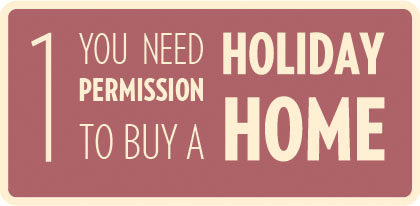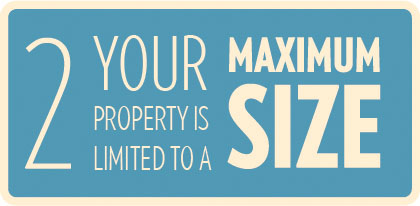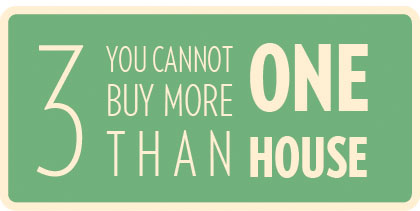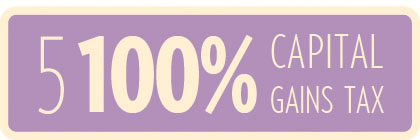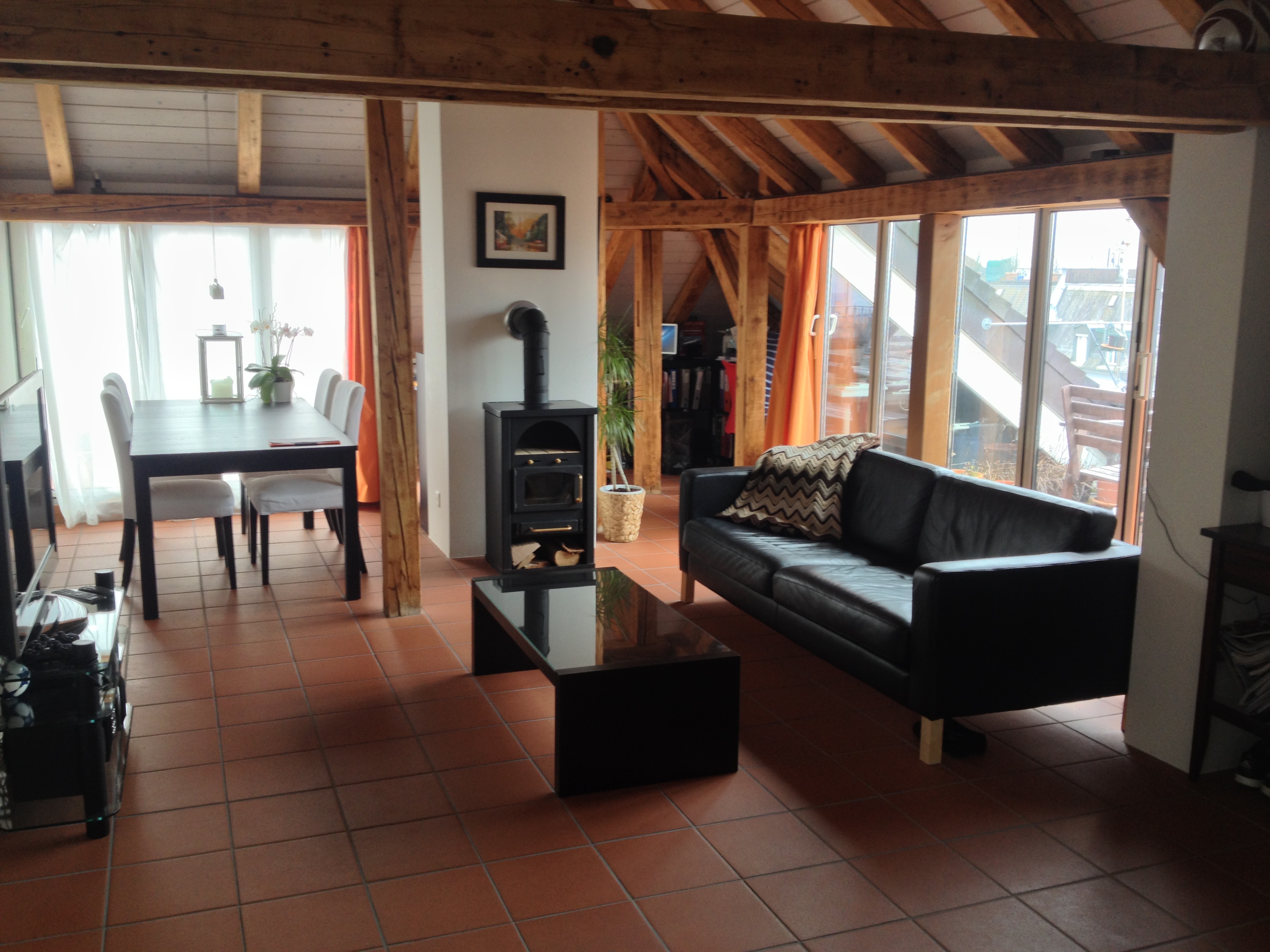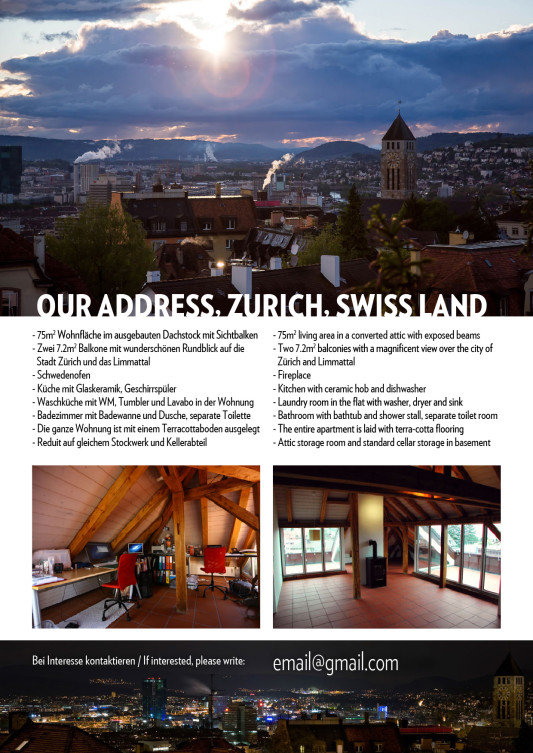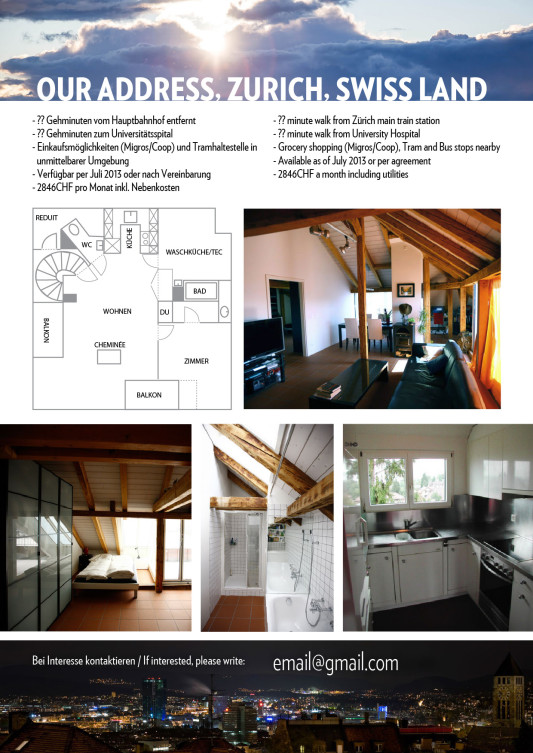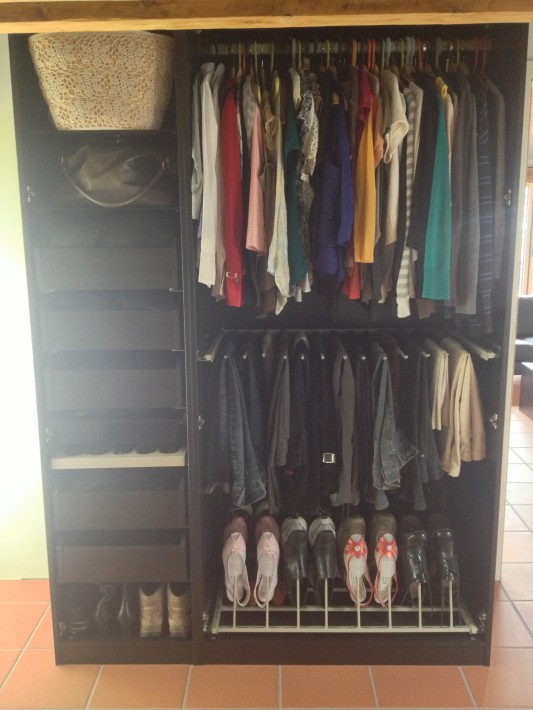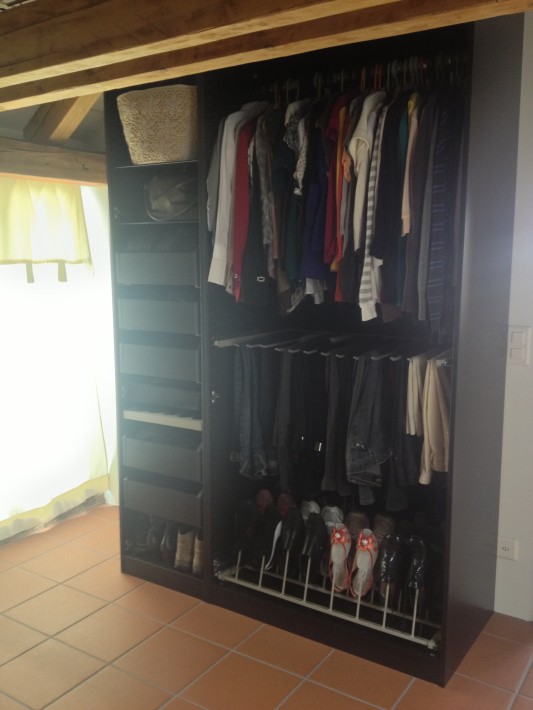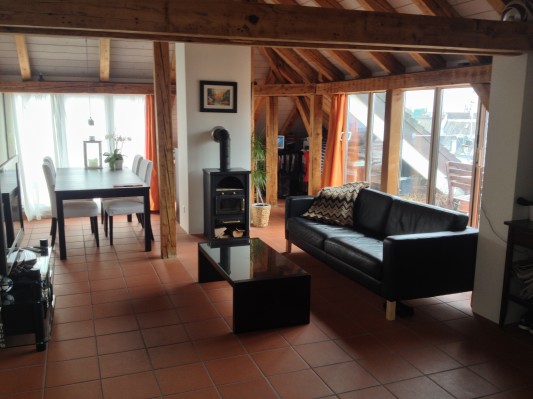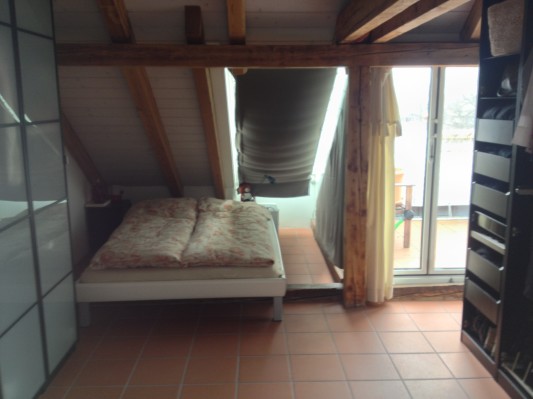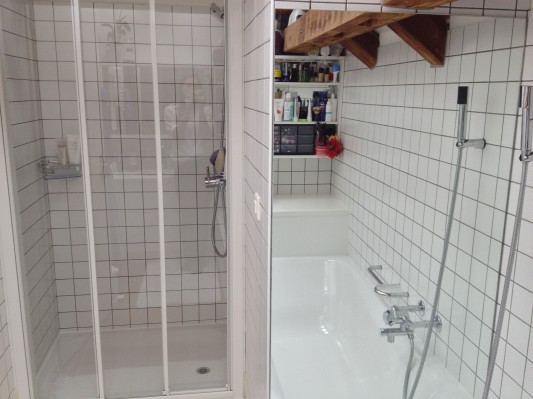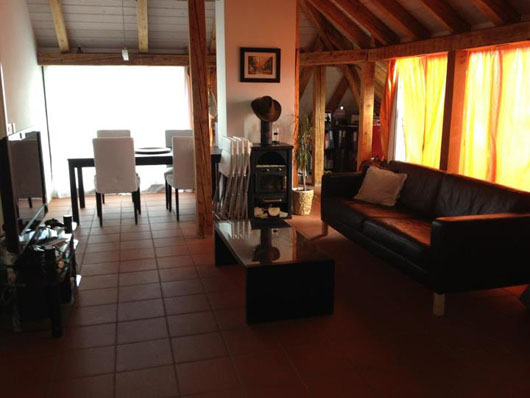Since starting and committing to the buying process in Switzerland, I’ve noticed some of the restrictions that foreigners must cope with here. Buying a home as an expat is not quite as easy as coming up with the deposit.
Don’t think you can just come to Switzerland and buy a home. Most owners need a residence permit or citizenship to buy a home here, otherwise applicants are limited to select holiday areas for purchasing homes with a limit on the number allowed.
Rules like this help protect the land and property values from skyrocketing for local residents. Luckily the residence permit was not an issue for us since we are local.
I’m still not sure if this is just for non-domiciled foreigners, but I have heard it applies to foreign residents as well. Depending of the canton your home can be between 200 m2 and 250 m2. (2152-2690 sq ft).
This was not really an issue for us because our home is only 105 m2, but it surprised me because I’ve definitely looked at larger fixer-upper homes on the market.
Generally you are only allowed to buy one house, especially if you are buying a holiday home. The only case where you can buy two houses if if you are transitioning to a new home. In these cases, the first home must be sold before you enter the second home in the land registry. Eeek. Talk about stressful! Thankfully selling is not usually a problem in this market.
I believe that we are allowed to buy a second home if we would live in it, but that we cannot buy a second home for rental purposes. (Might be wrong about that!) You are allowed to buy if you need to change residences due to your job, but you are not allowed to change residences for the purpose of acquiring more properties. If one is buying a holiday home, a second home is simply not allowed.
When we received our sales contract for our flat we had it reviewed by professionals who noted the oddity of the “no rental” line at the end of the document. We inquired and learned that this is actually a federal regulation.
As long as I am not Swiss and I own part of the house, we are not allowed to rent the house out in part while I am living in it. So, if Kay would want to go to school abroad for example, I would not be allowed to rent out a room to someone to help pay the mortgage. But if I would leave Switzerland, we could rent it out… and if I become Swiss it will be a non-issue. Complicated!
Ok, this one isn’t limited to foreigners as it also applies to Swiss, but I thought it was worth mentioning because it throws off a lot of expats here.
In the first years that you own your home, there is a 100% capital gains tax which effectively stops people from flipping houses and effectively helping the market skyrocket. Swiss law has to be very strict about the rules of buying and selling so that people do not abuse the small realty market. The longer you live in your house (closer to 20 years) the less capital gains taxes you will have to pay on your profits.
In general, it is not a good idea to buy a house here hoping for a big investment payoff. It won’t happen. If you buy, you will “earn money” by saving on rent and taxes, but if you hold on to your property for 20 years through market fluctuations, you will generally see a smaller return on your investments than if you invested in other ways.
This means it is still worth it to buy homes for personal savings or for rental money here, but the idea of buying a house and selling it a few years later for some cash just doesn’t work. The only way “flipping” a house can work here is if you live in the house yourself and fix it up. When you sell the house to buy a new one, then there are special rules allowing you to keep your capital gains so that you can apply the principal to a new home for yourself.
Factual information in this post has been provided through the Federal Department of Justice and Police, Swissinfo and Buy a Holiday House in Switzerland.
If I’ve gotten something wrong, feel free to correct me in the comments. Everyone has a different answer for these types of questions in Switzerland and it’s sometimes hard to tell what is the truth.

